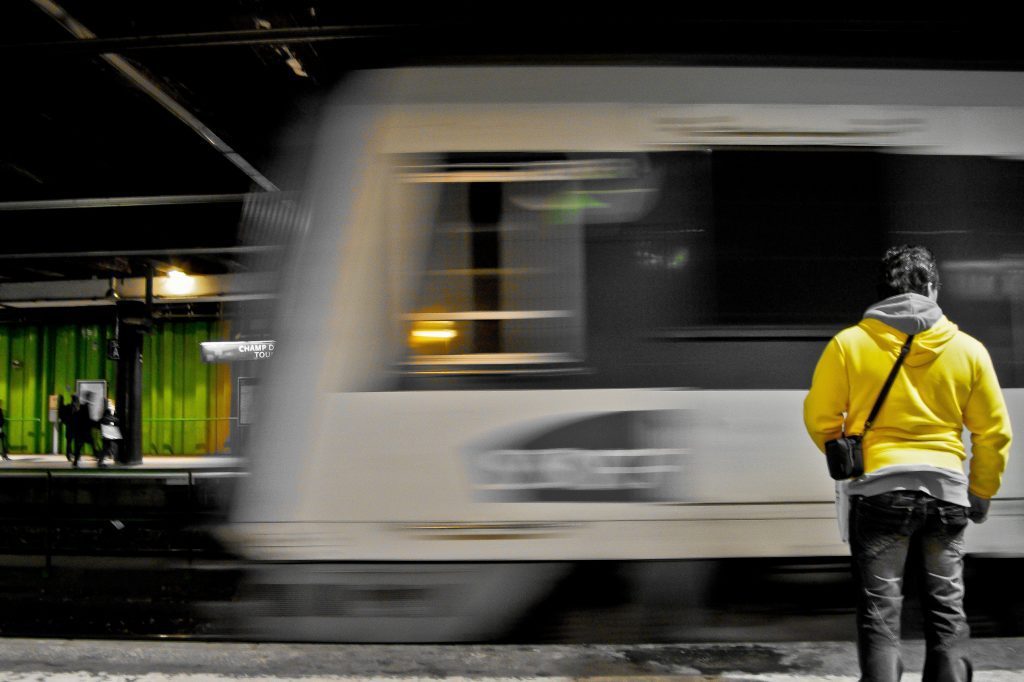Skift Take
Europe may be criss-crossed by thousands of miles of rail track, but it has taken a long time to link each of the different countries. Train travelers who want to go between countries have not benefited from the single market approach that liberalized the aviation industry, and it has been left to startups like Loco2 to connect the different players.
Voyages-sncf.com, a subsidiary of France’s state-owned railway company, has bought London-based booking platform Loco2 as the shake-up in the sector continues.
The price of the deal has not been disclosed and Loco2 will continue to operate as an independent company.
The deal follows Expedia’s purchase of a majority stake in distributor SilverRail in May and illustrates the growing potential of rail travel as well as the increasingly competitive landscape.
For years the sector has lagged behind the airline industry, hampered by the fact there was no central database and European operators seemed uninterested in coordinating services.
Loco2 was just one player that wanted to solve this problem. It secured access to individual countries’ booking engines, starting with France, and then integrated them into one online booking system.
Founded in 2006, Loco2 has only taken in a modest amount of funding in its lifetime, especially compared with some of its competitors. As co-founder Jamie Andrews said in a message on the company’s website, it needed to seek outside investment to compete.
“Over the past few years, the dynamic of the European rail market has shifted. In 2016, fellow start-up Captain Train was purchased by Trainline, itself backed by US private equity juggernaut KKR (who bought Trainline for around £425m in 2015),” he wrote. “We’ve also seen the entrance of GoEuro, backed by a whopping $146m investment from Goldman Sachs and others. We’re proud of what we’ve built with relatively little (we’ve had around £1.8m investment to date), but there’s a limit to what we can achieve with such resources.”
Andrews continued: “Keeping pace with our competitors’ spending posed a significant challenge for our small business, and it became clear that we would need to contemplate big changes. We faced a stark choice: raise financing from a large institutional investor and ‘roll the dice’ on future progress, or find a buyer for the company.”
The fact there has been so much interest in modernizing the sale of rail travel shows just how behind the sector was until only a few years ago.
Mark Smith, founder of train travel website The Man in Seat 61, believes that the likes of Loco2 have been crucial to this evolution.
“Europe’s train operators don’t work closely enough together, and incredibly, even a journey as simple as Paris to Florence by high-speed French TGV to Turin and connecting Italian high-speed train needed to be booked on two separate websites, if you bought from the operators,” he said. “If you bought from a reselling agency, you often had to pay extra fees. I have ceased to believe that the operators themselves will ever solve this.”
He pointed out that Loco2, however, had managed to integrate national ticketing systems in some of Europe’s top destinations: France (SNCF), Germany (DB), Spain (Renfe), and Italy (Trenitalia), along with UK National Rail.
“Such journeys can now be booked all in one place, at the operators’ own cheap advance-purchase prices with no added markup or booking fees and with immediate ticketless or print-at-home fulfillment,” Smith said. “Together with a simple interface written in admirably plain English (some European operator websites feature — shall we say — some rather quirky translations) it has made rail booking much easier than it was, for all sorts of national and international journeys across much of Europe.”
The Daily Newsletter
Our daily coverage of the global travel industry. Written by editors and analysts from across Skift’s brands.
Have a confidential tip for Skift? Get in touch
Photo credit: Voyages-sncf.com has bought London-based booking platform Loco2. An SNCF train is shown in this photo. Mark L / Flickr
